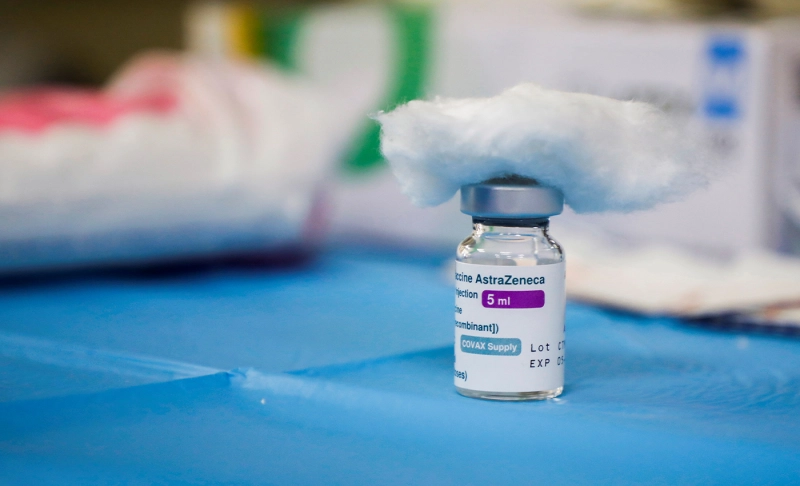By: Khagesh KG
July 8 2021

The Pfizer vaccine demonstrated slightly higher efficacy rates in some trials, but medical experts have warned against comparing vaccines.
The Pfizer vaccine demonstrated slightly higher efficacy rates in some trials, but medical experts have warned against comparing vaccines.On March 23, 2021, the National Institute of Allergy and Infectious Diseases (NIAID) said that the initial data released by AstraZeneca might be outdated. As such, the efficacy data provided was an incomplete view of the results. NIAID urged the company to examine the efficacy data and to ensure the public was kept up to date with the most recent results. On March 25, 2021, an analysis of the Phase III trial of the AstraZeneca COVID-19 vaccine in the U.S. confirmed the vaccine offered 85 percent efficacy against the virus in those over aged 65. The vaccine demonstrated 76 percent efficacy in preventing symptomatic COVID-19 and 100 percent efficacy in preventing severe or critical cases. This efficacy rate is less than Pfizer's. The data was based on 190 infections among more than 32,449 participants. On April 01, 2021, Pfizer Inc. and BioNTech SE announced results from Phase 3 from an investigation of 927 confirmed symptomatic cases of COVID-19. The results showed the Pfizer-BioNTech COVID-19 vaccine was 91.3 percent effective against COVID-19. The data shows that it is effective for up to six months after the second dose. The vaccine's effectiveness was consistent across age, gender, and ethnicity demographics, regardless of participants' underlying health conditions. The updated analysis of the clinical trial with the FDA guidelines shows the results from the study of 46,307 trial participants. Further reports show that there were no safety concerns related to the Astrazeneca vaccine. The new data released shows a slightly lower efficacy rate and confidence interval between 68 percent to 62 percent. When more data is added, the confidence interval will provide more certainty. AstraZeneca confirmed it would also submit the analysis for peer-reviewed publication, according to The Guardian. According to a study published by the BMJ on May 13, 2021, vaccination with either one dose of Pfizer or AstraZeneca COVID-19 vaccines was associated with a significant reduction in symptomatic COVID-19 in older adults. However, Sky News notes that before comparing vaccines, it is important to be aware all trials use different criteria for what counts as an infection which can lead to variations in results for effectiveness. However, all of the vaccines will reduce hospitalisations and deaths. The COVID-19 pandemic has given rise to a lot of potentially dangerous misinformation. For reliable advice on COVID-19, including symptoms, prevention, and available treatment, please refer to the World Health Organization or your national healthcare authority.